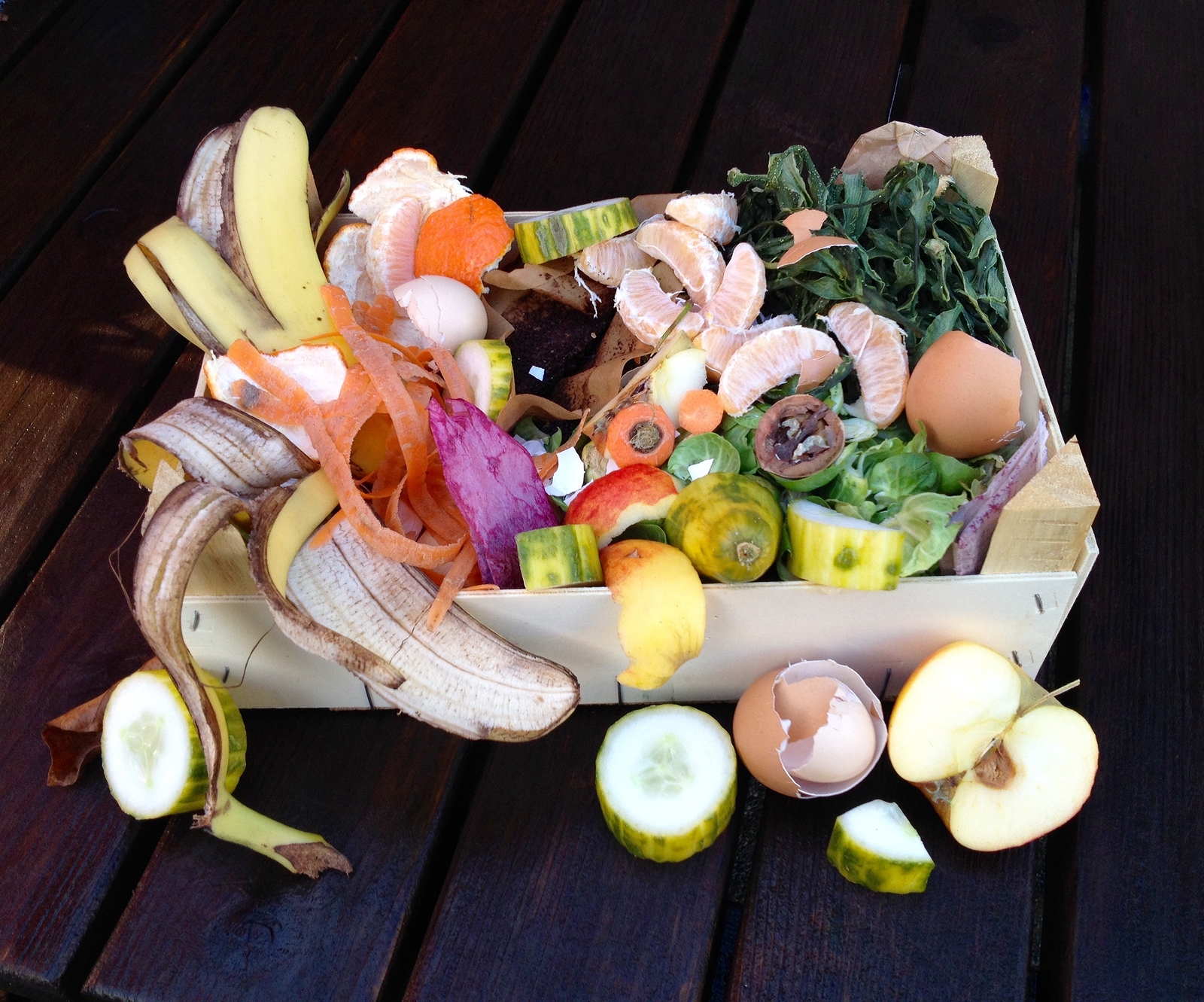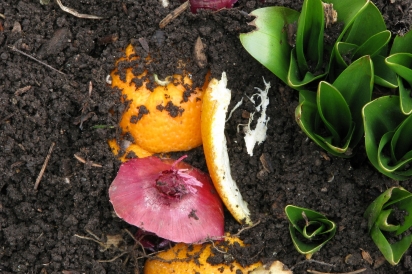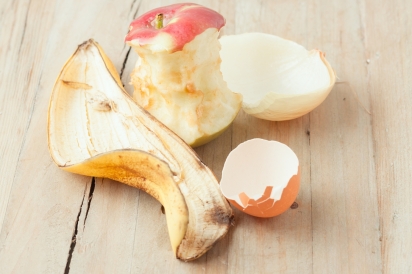Kitchen Scraps Your Garden Will LOVE!
You may have plenty of food scraps and waste items from the kitchen that you simply toss in the trash bin. But did you know that these kitchen scraps can serve as fertilizer and pest repellent? Adopting this green living practice not only helps you make better use of leftover items in your kitchen, but also makes your gardening efforts more effective. Growing your garden with the help of food scraps is an excellent way of enriching the soil and raising healthier plants while helping with garbage disposal at the same time. So the next time you stumble upon the kitchen scraps below, set them aside for later, and more delicious, use.
Understanding The Composting Process
Before getting into the specifics, you would be better off understanding precisely what the composting process is. In simple terms, composting is the process by which organic matter breaks down and turns into fertilizer. Food scraps become nutrient-packed soil once the process of decomposition is complete. This process happens whenever and wherever plant matter dies. The composting process can take months or even years to complete, particularly if the conditions are not optimal. Moisture, heat, air and food all play a critical role in this process. By using food scraps, you can help speed things up around your plants and even use them to build your own compost pile.
Eggshells
Eggshells serve a dual purpose when it comes to gardening. First, it gives plants much needed calcium to make them grow bigger and stronger. Second, they function as an effective pest repellent. Slugs, snails and other insects do not like crawling over sharp edges, so they will leave your garden and find softer pastures. Crush the eggshells into tiny pieces and scatter them around your plants.
Banana Peels
Banana peels contain a boatload of potassium which enrich the soil and help plants bloom profusely and just like eggshells, banana peels can also deter pesky pests, particularly aphids. Just chop up the peels and bury them 1 to 3 inches in the soil. Avoid using whole banana peels as these tend to attract squirrels, raccoons and rodents.
Coffee Grounds
Coffee grounds are full of essential minerals such as magnesium, potassium and phosphorous that help build the soilís structure. They are also an excellent source of nitrogen. Simply scatter the grounds around the base of the plant and mix them into the soil. Be careful, however, as coffee grounds can increase the acidity level of the soil which may not be ideal for your plants.
Nut Shells
Nut shells are one of the best food scraps if you are making a compost pile. They do not break down as easily as other scraps, which help a lot when it comes to varying the thickness of the compost. Shells from pistachios and peanuts contribute to soil aeration. Just be sure to rinse them thoroughly to get rid of any additives and salt, which can be toxic to plants.
Citrus Shells
Citrus shells are effective at attracting slugs and other pests from your garden. Put them in a place away from plants. Orange peels also work wonders when it comes to keeping cats away from the garden.
Hot Peppers
The seeds and the tops of hot peppers can be used as a pest repellent. Just blend them and mix with water in a spray bottle. Pests will not like getting sprayed with this nasty mixture. You can also add the leftover pulp to your compost pile.
Garlic
Garlic is arguably the best food scrap to deter all kinds of garden pests. Burying garlic into the soil is a simple but effective pest control measure.
Save those scraps and feed your plants!






